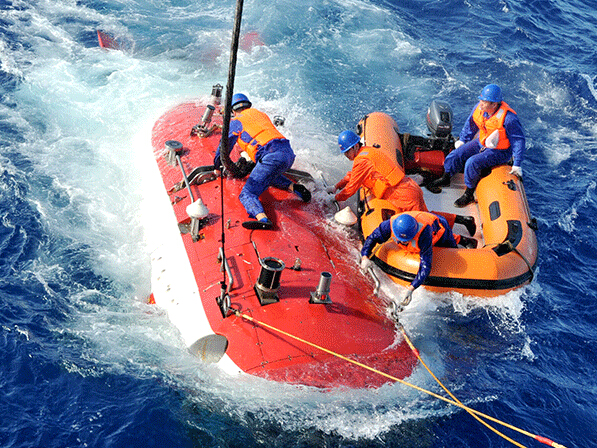Press release: Tamworth angler fined for obstruction after fishing illegally
On 7 March 2017 at Nuneaton Magistrates’ Court, Michael Hawkeswood of Ealingham, Wilnecote was fined £286 for wilfully obstructing a constable in the execution of his duty, with costs of £172 and a victim surcharge of £30 imposed after a prosecution by the Environment Agency.
Mr Hawkeswood also faced charges of fishing without a rod licence, failing to state his name when addressed by an Environment Agency enforcement officer and using behaviour that is likely to cause harassment, alarm or distress. Mr Hawkeswood received no additional penalty for these charges.
The offences took place on 21 August 2016 at Pooley Park Pools, Polesworth. Mr Hawkeswood was convicted in his absence.
Andrew Eardley of the Environment Agency said:
The majority of anglers fish legally and purchase a rod licence. With an annual licence costing £30 it seems ridiculous that anglers risk a significant fine.
The minority of anglers that fail to buy a rod licence are cheating their fellow anglers and the future of the sport. Rod licence cheats risk a criminal conviction, a significant fine and could lose their fishing equipment.
It’s good to see that the courts take instances of obstruction against enforcement officers seriously and that offenders are prosecuted.
Money from rod licence sales is invested in England’s fisheries and is used to fund a wide range of projects to improve facilities for anglers including protecting stocks from illegal fishing, pollution and disease; restoring fish stocks through re-stocking; eradicating invasive species; and fish habitat improvements. Rod licence money is also used to fund the Angling Trust to provide information about fishing and to encourage participation in the sport.
You need a valid Environment Agency Rod Licence to fish for salmon, trout, freshwater fish, smelt or eel in England. Buying a rod licence is easy, simply visit www.gov.uk/fishing-licences/buy-a-fishing-licence.
Anyone witnessing illegal fishing incidents in progress can report it directly to the Environment Agency hotline, 0800 80 70 60. Information on illegal fishing and environmental crime can also be reported anonymously to Crime stoppers on 0800 555 111.
